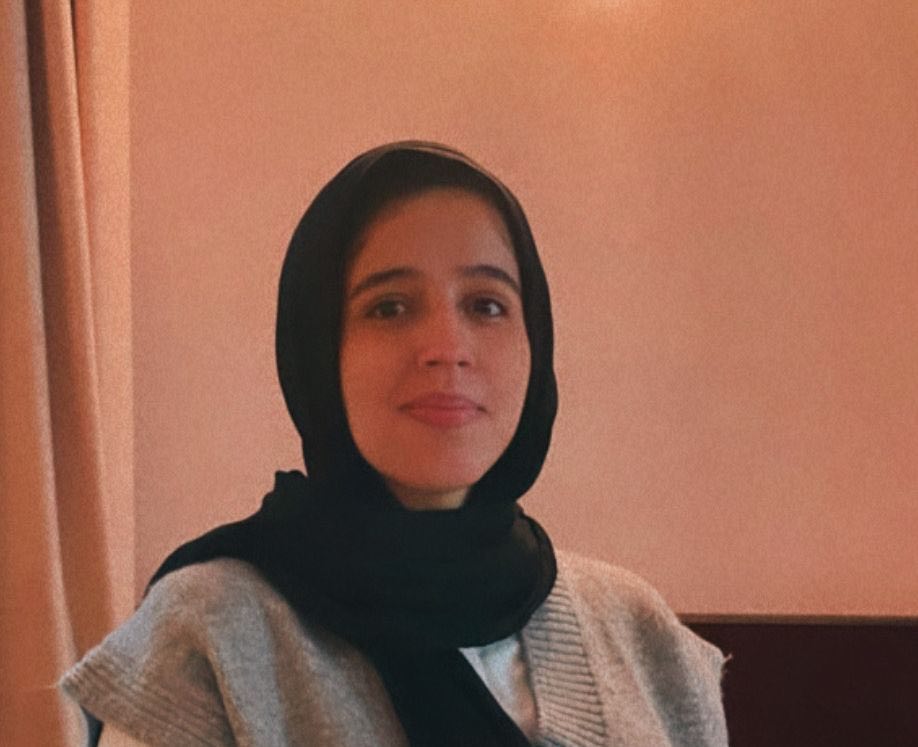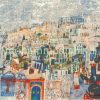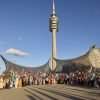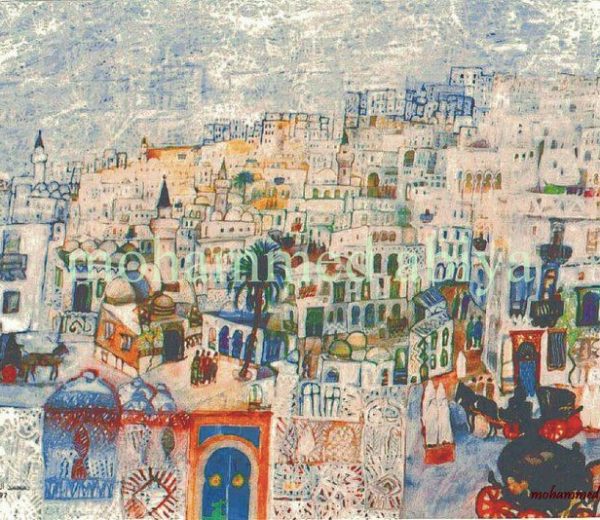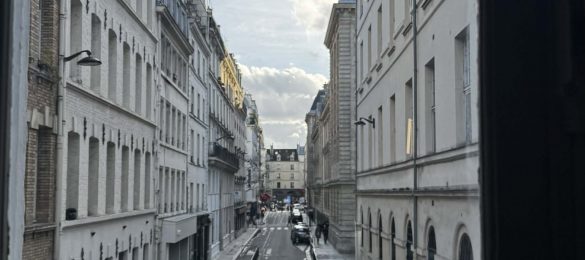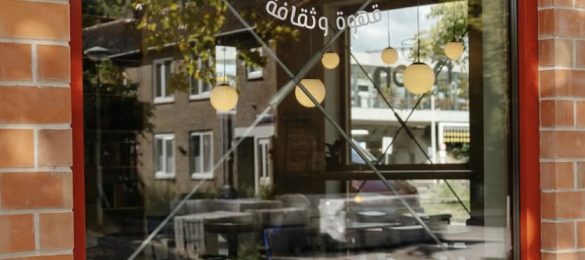After blogging for over a year and a half, you can clearly understand the love I have for Tripoli. It is not just a city I was born and raised in but it is something I cannot come to explain clearly. I didn’t know much about the history of this mesmerizing city.
Post the revolution, I grew up and I found myself eager to know more about what happened in the past. Unfortunately, history books didn’t add much to our knowledge. Technically, my generation didn’t know anything about the real history of our beloved Libya.
Tripoli combines between the beauty of past and the hardship of the present. The Italian influence is still obvious in many buildings downtown. Also, the Tripolitanian touch is everywhere. One of Tripoli’s most famous streets is called Mizran Street.
The street didn’t get its current name from the beginning until Haj Ramadan Ramadan Ali Mizran built a mosque which was named after his family “The Mizran Mosque“, soon after; it became one of Tripoli’s landmarks. The mosque was built in 1880 and after it, Mizran hotel was built which is located in Al-Hilga Street.
This hotel is considered one of the old city’s treasures. Haj Ramadan owned so many lands and real estates in Tripoli and one of his most famous is Saniat Mizran manor (سانية ميزران) in Al-Dahra and Minsheiat El-A’une manor (سانية منشية العيون) which was then added to the national pitch field. Before Mizran mosque was built, the street was called “Al-Zawia street road” because it leads to Al-Zawia Street. It is considered one of the oldest “Localities” of old Tripoli.
But according to people, they were only used to call Mizran Street “Al-Zawia Street” without “road” in the end even after the mosque was built and the street was given its new name. One of the street landmarks in the 19th century was a coffee shop which was located in the northern edge of the street. It crossed the road with the bread market at that time.
The coffee shop was owned by Mustafa Al-Agha Al-Ardamuli according to Erzurum city in northeast Turkey. It was a very well-known coffee shop and it first got its popularity from Alfidawi nights. Alfidawi is the synonym for the word narrator and it is a term commonly used by the people of Tripoli.
After the spread of schools in the era of Al-Waali Alhaj Ahmed Ezat Basha in the 19th century, the coffee shop transformed into a spot for traditional and well-educated people. After that, the same people made the café for gatherings to discuss authentic and renewal and it was also a place for reading and debating.
This street is holding so many stories and I am sure that there is still so much to discover about it. Even after all these years, you will feel something special when you are walking or driving in it, you can tell that so much happened and this story is one of those. I hope you enjoyed reading this article. I am looking forward to unfold stories from the past about Tripoli and learn as much as I can about my country. The source of information is “Nizar Nassar”.
